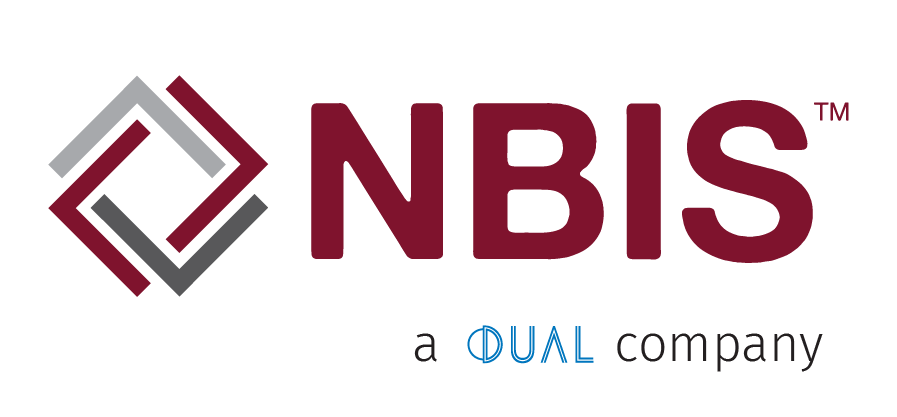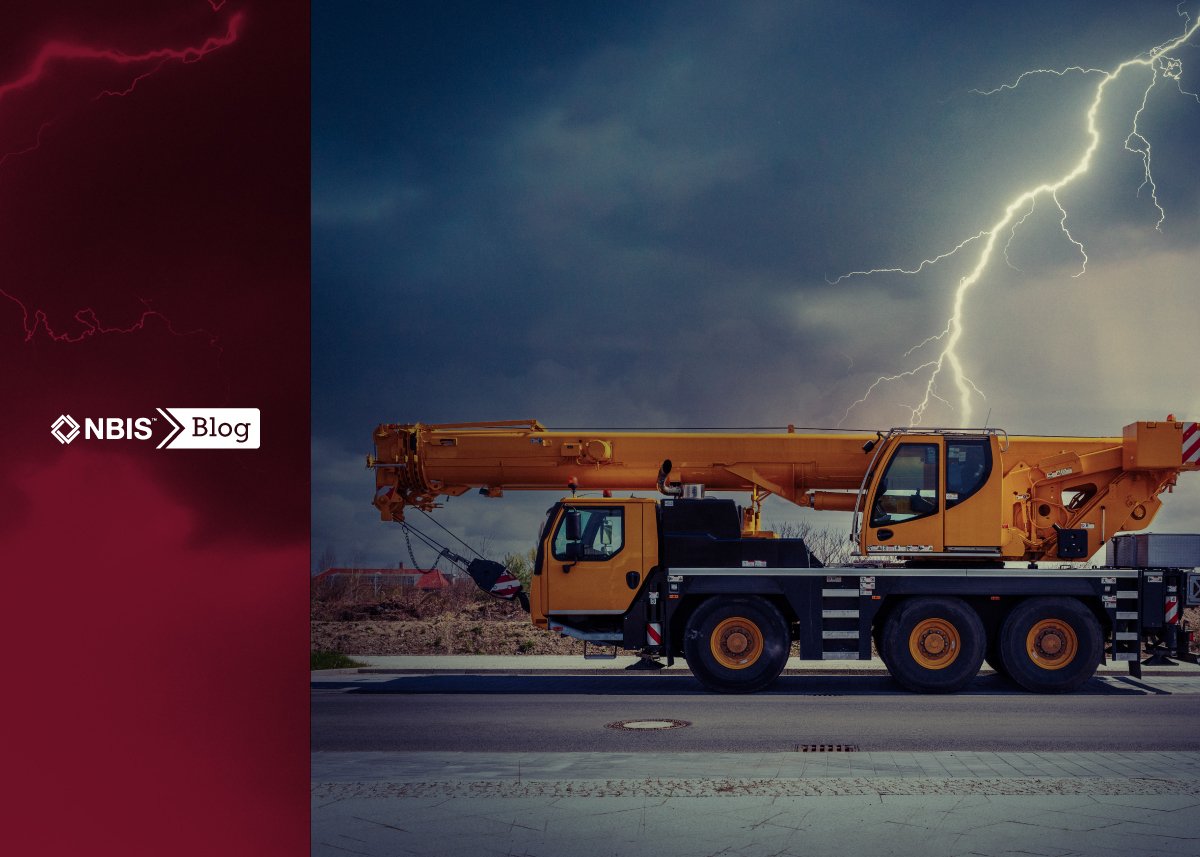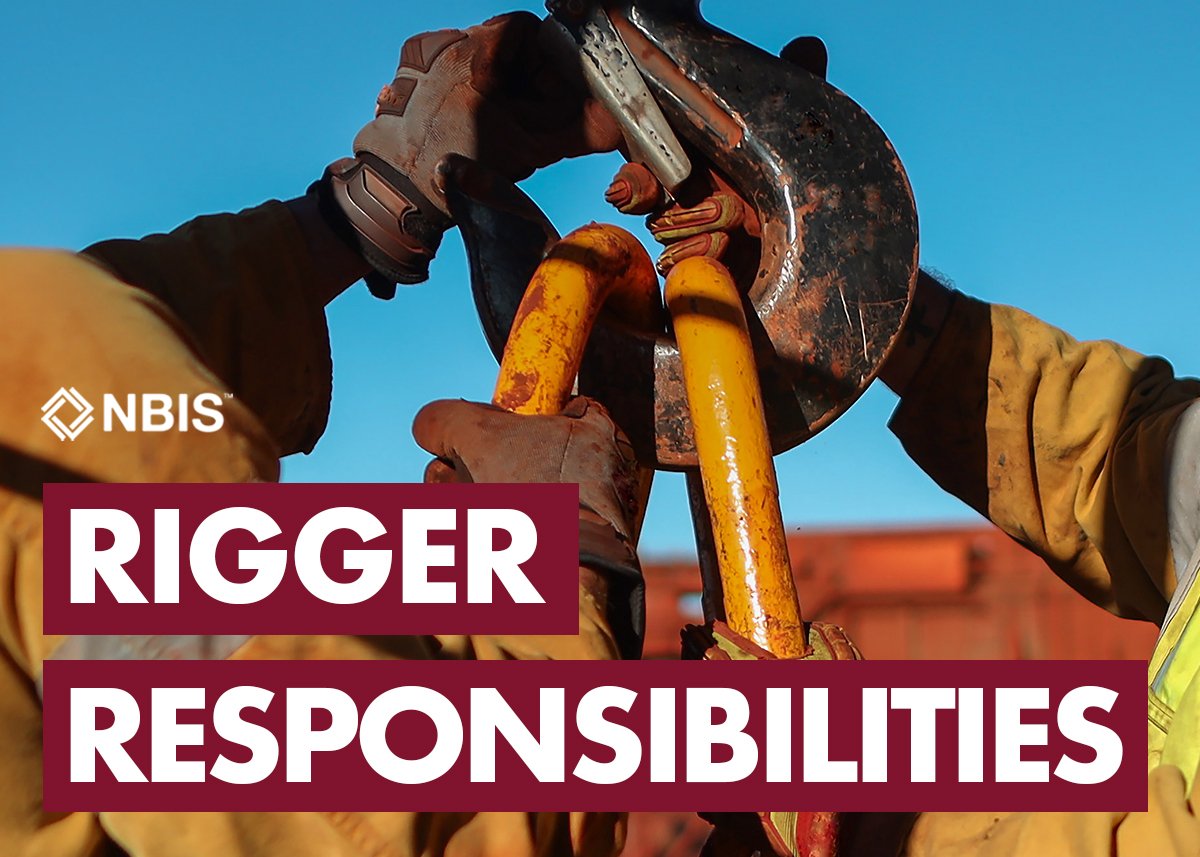7 Reasons to Invest
As a seasoned insurer that’s been working in the heavy-equipment and construction sectors for more than two decades, the NBIS commitment to safety is second-to-none. Not only do we believe in safety as a core principle of our organization’s insurance offering, we believe that safety is a topic worth thinking about, writing about, and revisiting often.
In this week’s blog post, we’re going to build a case for investing in safety technology. Here are seven reasons we think make our case convincingly.
Worker Safety:The primary and most crucial reason to invest in safety technology is to protect your workers. Safety technologies such as wearable devices, smart helmets, and IoT-enabled sensors can monitor vital signs, detect hazardous conditions, and provide real-time alerts to workers and supervisors. By equipping your workforce with these technologies, you create a safer work environment and reduce the risk of accidents and injuries.
Compliance with Regulations:We don’t have to tell you that the construction industry is subject to stringent safety regulations. Investing in safety technology can help ensure that you meet these compliance requirements effectively. By implementing solutions that monitor and document safety protocols, you can easily demonstrate your commitment to workplace safety during audits and inspections.
Risk Reduction and Cost Savings:Accidents and injuries on construction sites can lead to costly lawsuits, medical expenses, and project delays. Safety technology helps mitigate risks by providing early warning systems, predictive analytics, and real-time data to identify potential hazards. By preventing accidents and minimizing downtime, you can potentially save on insurance costs, reduce legal liabilities, and keep your projects on schedule and within budget.
Improved Productivity:Safety technology not only enhances worker safety but also boosts productivity. For example, wearable devices can track and analyze worker movements, identifying potential ergonomic issues and suggesting corrective actions. By addressing work-related strains and providing ergonomically optimized work conditions, you can minimize fatigue and increase productivity.
Enhanced Training and Skill Development:Investing in safety technology often comes with training programs that help workers understand and utilize these advanced tools effectively. This fosters a culture of safety awareness and promotes skill development within your workforce. With proper training, your employees become proficient in using safety technology, reducing the chances of errors and accidents.
Reputation and Client Satisfaction:Construction companies with a strong safety track record and a proactive approach to worker well-being build a positive reputation in the industry. By investing in safety technology, you demonstrate your commitment to creating a safe work environment, which enhances client satisfaction and increases your chances of winning new contracts. Clients are more likely to trust contractors who prioritize safety, leading to long-term partnerships and business growth.
Future-Proofing Your Business:Technological advancements continue to shape the construction industry. Investing in safety technology not only ensures compliance with current safety standards but also prepares your business for the future. By embracing technologies like telematics, dash cameras, and fleet-management software, you can stay ahead of the curve and adapt to industry trends while maintaining a strong focus on worker safety.
As you can see, investing in safety technology is a strategic decision that can benefit your company in all sorts of ways. By prioritizing safety—and taking advantage of some of NBIS’s innovative safety resources—you can create a positive work environment, establish a strong industry reputation, and position your business for long-term success.
Just a reminder, as an NBIS policyholder, you and your employees can participate in a variety of courses—anytime, anywhere, using a unique login—designed to enhance the safety culture within your organization. Courses range in topic and include training such as hand & power tool safety, fall protection, trenching & shoring, crane safety, cargo securement, and many others related to safety in construction environments.







